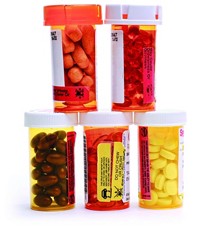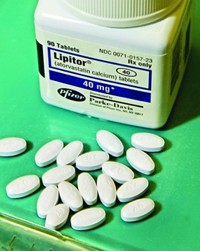Advertisement
Grab your lab coat. Let's get started
Welcome!
Welcome!
Create an account below to get 6 C&EN articles per month, receive newsletters and more - all free.
It seems this is your first time logging in online. Please enter the following information to continue.
As an ACS member you automatically get access to this site. All we need is few more details to create your reading experience.
Not you? Sign in with a different account.
Not you? Sign in with a different account.
ERROR 1
ERROR 1
ERROR 2
ERROR 2
ERROR 2
ERROR 2
ERROR 2
Password and Confirm password must match.
If you have an ACS member number, please enter it here so we can link this account to your membership. (optional)
ERROR 2
ACS values your privacy. By submitting your information, you are gaining access to C&EN and subscribing to our weekly newsletter. We use the information you provide to make your reading experience better, and we will never sell your data to third party members.
Policy
Generic Drug Delays Continue
June 2, 2008
| A version of this story appeared in
Volume 86, Issue 22
Brand-name drugmakers continue to use legal settlements with generic pharmaceutical companies to delay cheaper drugs from entering the market, according to a new report from the Federal Trade Commission's Bureau of Competition. In 2007, there were 33 settlements between brand-name and generic drug companies, the report states. Nearly half of those involved brand-name companies compensating generics makers for keeping their products off the market for a specified amount of time. Consumer groups and FTC claim that such settlements restrict competition and allow pharmaceutical companies to make windfall profits at the expense of consumers. FTC supports legislation that would ban such settlements. The pharmaceutical industry counters that the settlements benefit consumers. "Settlements resolve costly and time-consuming patent litigation and often allow the generic version of a medicine to enter the market before the patent is due to expire. Basic economics shows us that this can help increase competition between brand-name and generics companies, lower costs for American consumers, and increase access and choice for patients," Ken Johnson, a senior vice president for the industry group Pharmaceutical Research & Manufacturers of America, said in a statement.








Join the conversation
Contact the reporter
Submit a Letter to the Editor for publication
Engage with us on Twitter